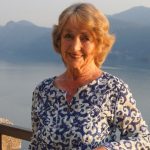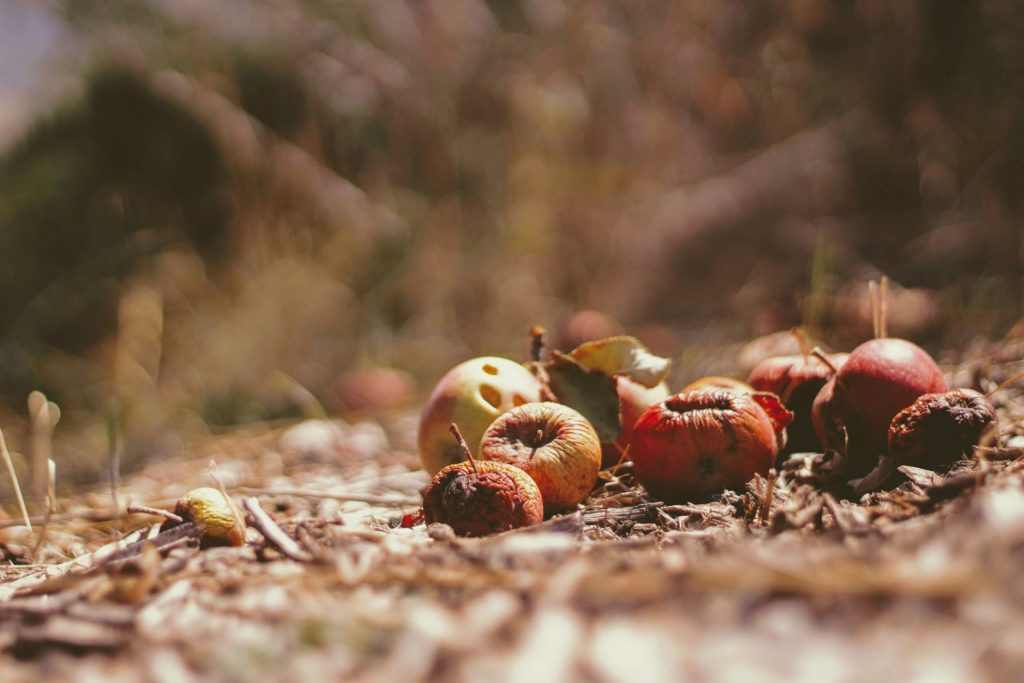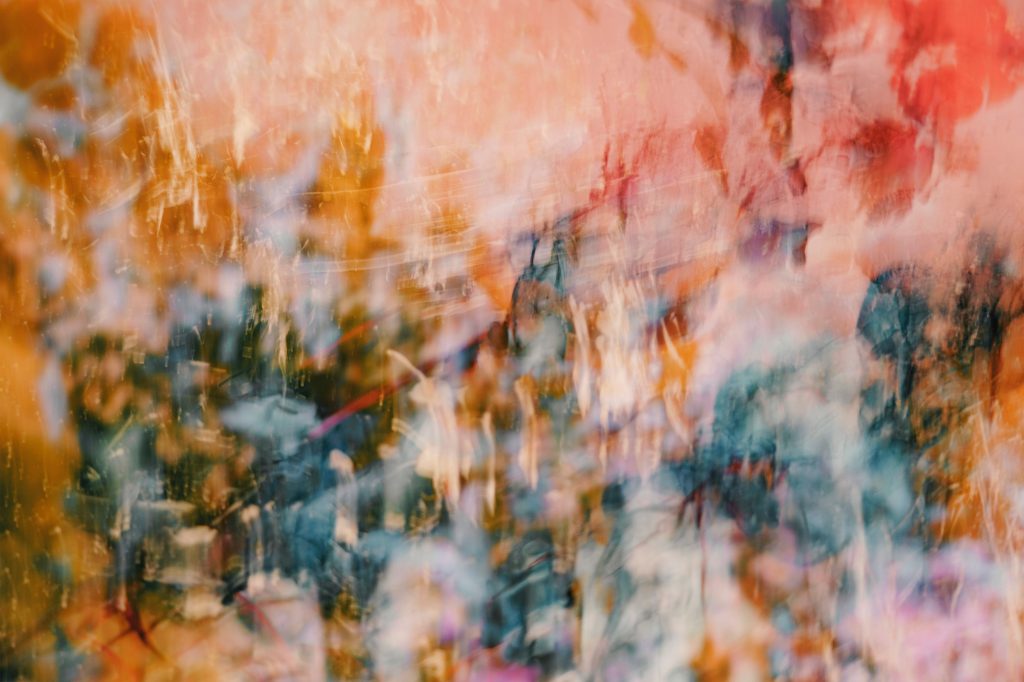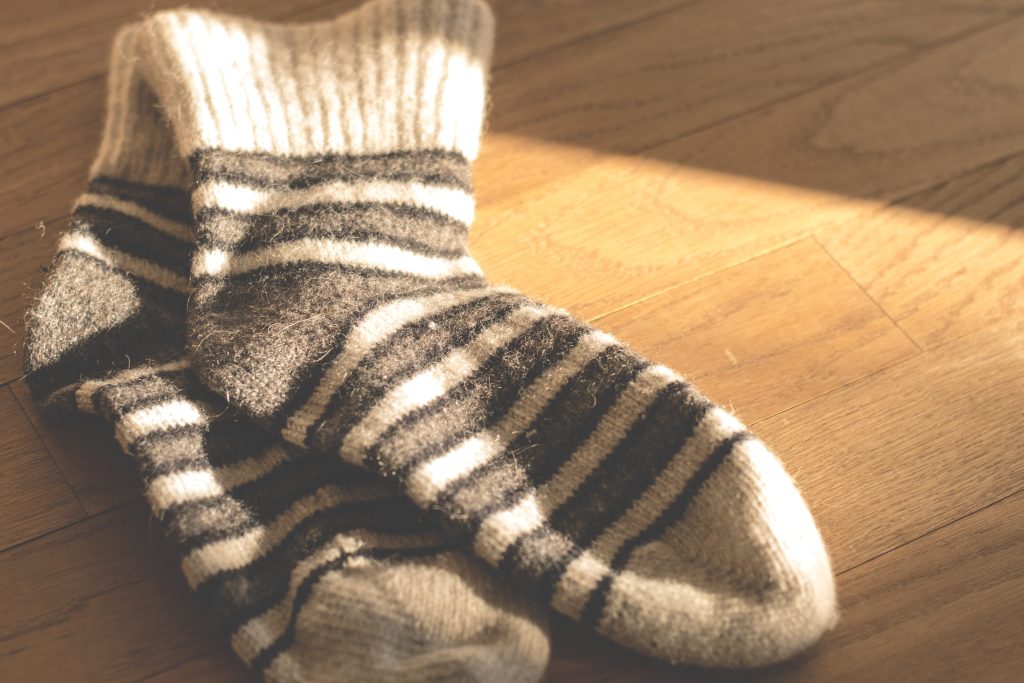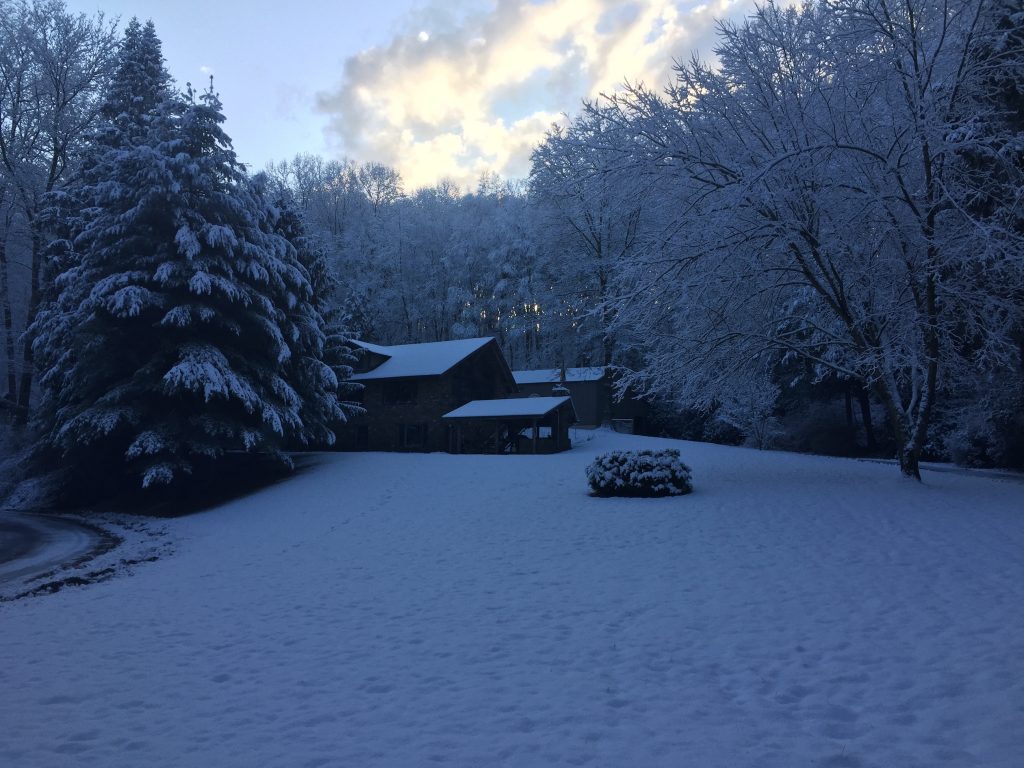A Pocket Full of Stones
An indelible memory from my childhood. Sitting on the curb, after school, outside my home at 103 Rutherglen Street, Belfast, Northern Ireland. I was nine. My home was in the new houses where urban development was beginning to overgrow the fields and glens in the foothills of the Morne Mountains. My home was at the end of a ‘dead-end’ street. This wasn’t a dead-end for me, for if I scrambled through the hedge and over the brook I could go into another world. The world of the trees, the old Hawthorne one with its white blossoms, and also the world of the primroses I found in the green crevices in the bank of the brook. I didn’t know until much older that my childhood experience in the natural world would influence the choices I made as an adult and my sense of belonging to a much larger world.
But, my home bordered the ‘other neighborhood,’ the one where the Fenians, the Papists, the Catholics lived. The ones I was afraid of. I had stones in my pocket to throw at them if ‘they’ came up ‘my’ street. So I sat on the curb with my friends, waiting for ‘them’ to come.
I was a youngster. I did not know that I was part of a tribe. The Irish Protestant tribe. Nor did I understand that another girl of my own age, just like me, skipping rope a few streets away, was also part of a tribe. The Irish Catholic tribe. She had stones in her pocket too, to throw at me. We would never meet. Our neighborhoods, schools, names, religion, all told us who we were and where we belonged. I didn’t know that I lived in a very small world, defined by religion, superstition, culture, and a conditioned psychology of tribe. But, sitting there on the curb, age nine, I knew this wasn’t right.
My own journey is a very personal one, and so not applicable to anyone else.
I grew up and out of a religious/secular, fear-based world that brought about decades of violence in Ireland, not yet over. And I was a part of this, with the stones in my pockets.
My family became Irish emigrants in the hope of good work, money, and to ‘better themselves.’ They were part of a worker’s scheme promising new opportunities in Britain’s Commonwealth countries. To get to Australia, we traveled by ship, stopping at ports in countries I’d only read about in my geography books. For the first time, I saw and met people who looked different from myself, whose clothes were colorful, women and men and children with beautiful beads, baskets of fruits, vegetables, breads, art, and crafts. I was in wonderment.
It took many years for me to understand how this encounter with ‘the other’ from different cultures, histories, and ethnic identities, would help me break out of a tribal mentality, into an understanding that I am part of a global family with so much to contribute to each other, no matter our circumstances.
Much later, my young son helped me know that I am also part of a far larger world. It came about in a simple way.
When he was about six, I found him in our unfinished bedroom where he had figured out a way to hang the globe of our Earth from the rafters, along with his Star Wars Enterprise ship and a few balloons for moons. I was taken aback and stood still. What hit me is that a profound change had happened. I grew up with geography on a flat page in my school book and my local neighborhood. My son was growing up with the whole planet in his imagination and with an understanding of the immensity and mystery of the universe. He was outside the boundaries. He already knew that our own planet home is part of an incredible, awesome, and yet unknowable world, of which he is a part. He and we are the first generations to know this. No one before us has been privileged to witness the beauty of our planet home from the moon. From the moon? And now from the deep space of stars and planets.
And so I began to see that the boundaries that had determined my identity were unbelievably restricted and arbitrary, set in place by those who dominated the systems the kept in place their own tribal identity, defined by self-interest, politics, and the economics of greed. This was a difficult awakening.
I do believe that there are goodness and pride in belonging to an ethnic group. I am glad that I am Irish. I love my culture with its stories, music, poetry, dancing. We all belong to an amazing fabric, a weaving of the threads of history and culture. We need to carry the wisdom of our ancestors forward, to honor their stories, myths, art, rites, and rituals. We need to imagine, together, our common future, for this is the only planet we can call home.
I have also come to understand that our planet home cannot be defined only by the concerns and needs of our human communities. As long as we are here, we get to be part of a greater community of life, the community of the natural world, the beings of the seas and the forests, the mountains, and the landscapes we yet barely know. We may be the only species who can think on behalf of the ‘whole.’ Do we know what this means? That our own health and future is embedded in the health and well-being of the forests, the seas, the birds, the animals, all the creatures who accompany us. We act on their behalf. They have no other advocates. We’re all in this wondrous and fragile life together.
The theologian, Thomas Berry, named this the Earth Community. He believed, “The universe is not a collection of objects, but a communion of subjects.”
How different it would be if we lived with this as the moral foundation of our economics, our politics, our relationships.
I know that everywhere there are people like me who have broken free from the constraints of a small and fear-based identity, and are now embracing our identity as global, or planetary citizens, as members of the Earth Community.
I believe that there is no way forward without overcoming fear of the other and coming together in compassion, hope, and a common commitment to the future of our children and theirs. And also, the children of the trees, the seas, the birds, and all in this wondrous community of life. We don’t get to be here very long. So whatever we choose to do matters a lot.
My work, my calling, personally and professionally, has been to do what I can to be of service. With other friends, I co-founded the Whidbey Institute on Whidbey Island in 1972. The Whidbey Institute is now a nationally known retreat and conference center for transformational leadership, bringing women, men, and young people together to share the richness of our ethnic, cultural, religious, and spiritual traditions, and to learn together how we can, and must, live as global citizens and dedicate ourselves to work on behalf of the generations coming after us.
I carry stones in my pockets every day. Each one different. Each one beautiful. I pick them up from the beaches and forest trails of other countries and from my Northwest home. I give them away. Stones of peace, healing, and blessing.
Fill your pockets too, and throw them to everyone.


